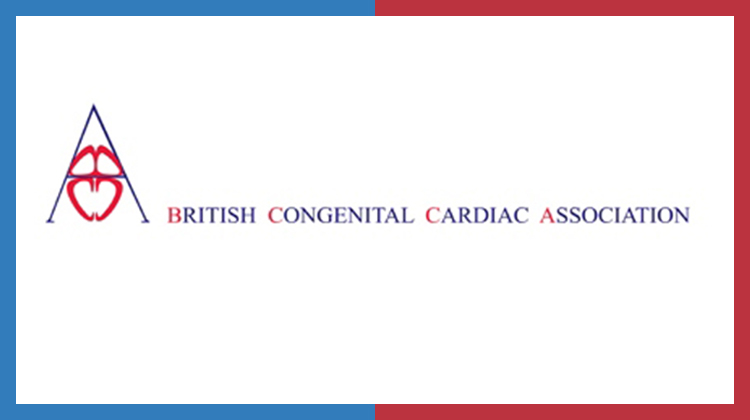Covid-19 – Updated BCCA Statement on COVID vaccination – December 2021

Updated BCCA Statement on COVID vaccination – 13 December 2021
Covid–19 Vaccination for children and young people
On 26 November 2021 WHO designated the COVID variant B.1.1.529 a “variant of concern”, named Omicron (WHO update on omicron 28 Nov 2021). In response to the emergence of this variant the JCVI has expedited and reviewed its advice for the UK vaccine response (JCVI advice for omicron 29 Nov 2021). The Green Book recommendations have been updated (Green book information on vaccines 30 Nov 21).
The JCVI’s stated intention with the measures advised below is to accelerate the deployment of COVID-19 vaccines before the peak of any impending Omicron wave. There is currently no data to indicate that Omicron infection is associated with a change in the pattern of susceptibility to serious COVID-19 (hospitalisation and death). Persons of older age, or who are in COVID-19 at-risk groups are likely to remain at higher risk from serious COVID-19; therefore, vaccination should be prioritised accordingly.
They emphasise the need for continued efforts to offer COVID-19 vaccination (first, second and booster doses) to those who have yet to receive any COVID-19 vaccinations.
Summary of JCVI advice
Adults (≥18 years)
· Booster vaccination should be offered to all adults 18-39 years.
· Booster vaccination priority should be given to older adults and those in a COVID-19 at-risk group which includes congenital heart disease in those >16 years– see tables 2 and 3 in Green book information on vaccines 30 Nov 21.
· Boosters should be offered at an interval of at least 3 months of completion of the primary course.
· Severely immunosuppressed individuals who have completed their primary course (3 doses) should be offered a booster dose with a minimum of 3 months between the third primary and booster dose. Those who have not yet received their third dose may be given the third dose now to avoid further delay. A further booster dose can be given in 3 months, in line with the clinical advice on optimal timing.
· Both the Moderna (50 microgram) and Pfizer-BioNTech (30 microgram) vaccines should be used with equal preference in the COVID-19 booster programme. Both vaccines have been shown to substantially increase antibody levels when offered as a booster dose.
Young adults (16-17 years)
· 16 to 17-year-olds may also be offered their second dose of vaccine at least 8 weeks from the first dose
· 16 to 17-year-olds in higher-risk groups, which includes congenital heart disease should be offered a third dose (booster vaccination) at an interval of at least 3 months of completion of the primary course.
Children (12-15 years)
· 12 to 15-year-olds should now be offered a second dose (30 micrograms) of the Pfizer-BioNTech COVID-19 vaccine at an interval of at least 12 weeks from the first dose
· Interval could be shortened to 8 weeks “in periods of high incidence or where there was concern about vaccine effectiveness (for example a new variant)”- presumably at the present time
· Interval of at least 8 weeks for those in recognised higher risk groups (which includes haemodynamically significant congenital and acquired heart disease, or less severe heart disease with other co-morbidity– see Table 4 in Green book information on vaccines 30 Nov 21).
· Such haemodynamically significant congenital and acquired heart disease categories in 12 to 15-year-olds have been previously considered and published by the BCCA
Children (5-11 years)
· No vaccine currently authorised in the UK for use for 5 to 11-year-olds. JCVI will continue to review data on the potential benefits and risks of vaccination of children aged 5 to 11 years and will issue separate advice in due course.
Vaccination following COVID infection
Vaccination of individuals who may be infected or asymptomatic or incubating COVID-19 infection is unlikely to have a detrimental effect on the illness. Vaccination should be deferred in those with confirmed infection- see P30 and 31 in Green book information on vaccines 30 Nov 21 :
Adults and high-risk children
· Deferred until 4 weeks after onset of symptoms or 4 weeks from the first confirmed positive specimen in those who are asymptomatic.
Children and young people <18 years not in high-risk groups
· Deferred until 12 weeks from onset (or sample date)
· Deferred until 8 weeks during periods of high incidence or where there is concern about vaccine effectiveness (for example a new variant). Both are currently the case.
PIMS-TS cases
· Deferred until 12 weeks, although earlier administration can be considered in those at risk of infection and/ or who are fully recovered.
BCCA, December 2021
13 December 2021